Tel : 94870 36000, 94860 36000, 94890 36000
5 Best Benefits of Water Solar Systems You Need to Know
As the world increasingly shifts towards sustainable energy solutions, the Water Solar System stands out as a powerful option for both residential and commercial applications. According to a report from the International Renewable Energy Agency (IRENA), the global solar water heating market is projected to grow significantly, with an annual increase of 15% over the next decade. This rise in popularity is attributed to the system's ability to harness sunlight effectively for water heating needs, resulting in substantial cost savings and a reduced carbon footprint. Furthermore, studies indicate that utilizing solar water heaters can cut water heating bills by up to 70%, making them an economically viable choice for many households. As we explore the five best benefits of Water Solar Systems, it becomes clear that this technology not only promotes energy efficiency but also contributes to a greener future.

Table of Contents
[Hide]
Advantages of Utilizing Solar-Powered Water Heating Systems
Solar-powered water heating systems offer a myriad of advantages that make them a compelling choice for both residential and commercial applications. One of the primary benefits is their energy efficiency; according to the U.S. Department of Energy, solar water heating can reduce water heating costs by up to 70%. This significant reduction translates to a quicker return on investment, often within 4 to 8 years, depending on local energy prices and the system’s efficiency.
In addition to cost savings, solar water heating systems contribute to environmental sustainability. By harnessing renewable energy from the sun, these systems help lower carbon footprints. A study published by the National Renewable Energy Laboratory indicates that utilizing solar heating can prevent the emission of over 100,000 pounds of carbon dioxide per household annually, equating to planting more than 2,500 trees.
Tips for Optimizing Solar Water Systems: To maximize the efficiency of your solar water heating system, ensure that your panels are free from obstructions that can hinder sunlight exposure. Regular maintenance checks can also enhance performance; for instance, inspecting and cleaning the panels quarterly will help maintain their efficiency year-round. Additionally, integrating a solar water system with a well-insulated storage tank can significantly enhance heat retention, further reducing energy costs.
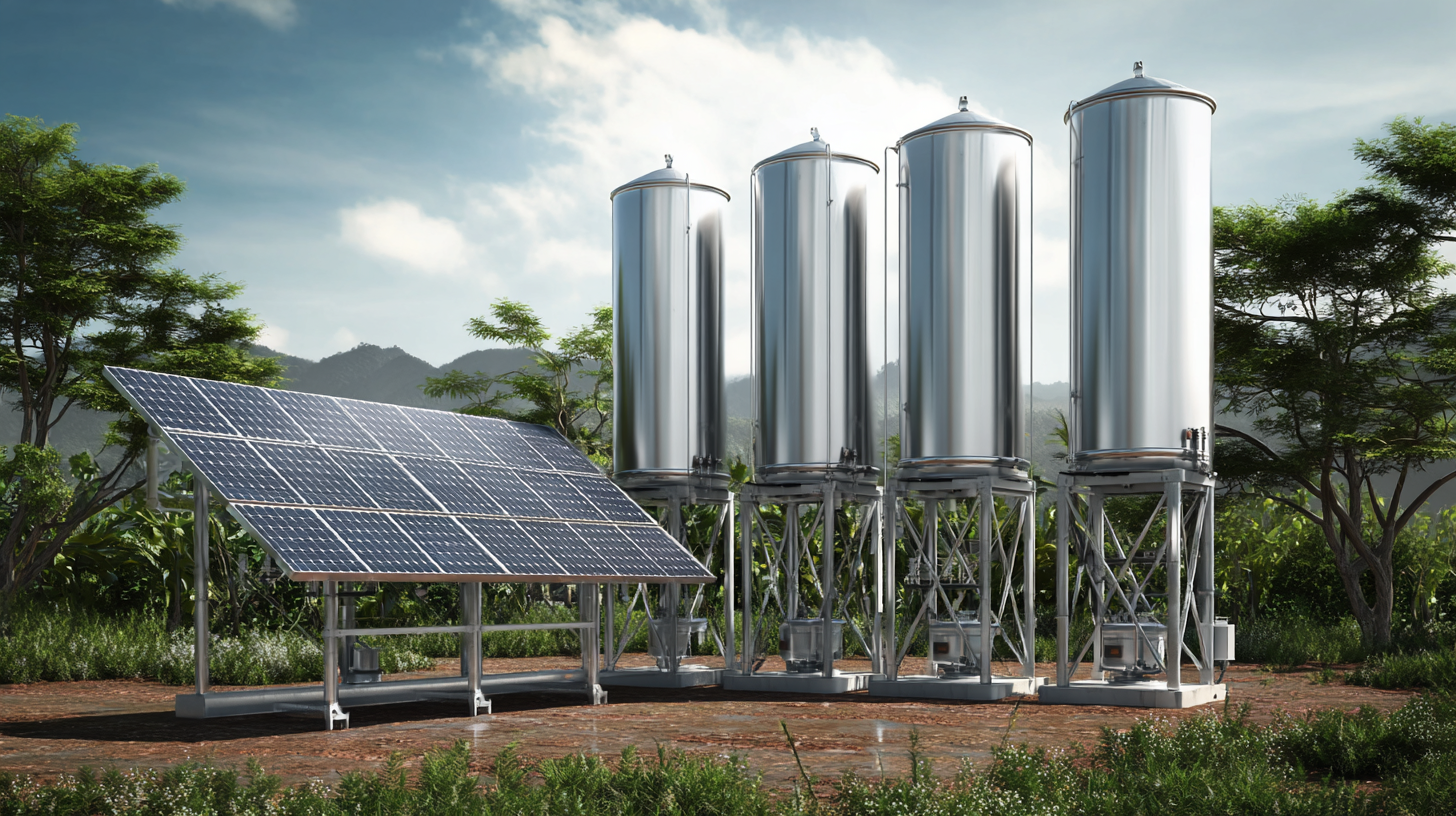
How Solar Water Systems Contribute to Environmental Sustainability
Solar water systems play a pivotal role in promoting environmental sustainability by harnessing renewable energy for heating and providing practical solutions to reduce carbon footprints. According to the International Renewable Energy Agency (IRENA), solar water heaters can reduce greenhouse gas emissions by an estimated 3.3 to 5.3 metric tons of CO2 per year for a typical household. This significant reduction not only helps mitigate climate change but also decreases air pollution associated with traditional energy sources.
Implementing solar water systems supports water conservation efforts as they often use less energy than conventional systems, making them more efficient. The U.S. Department of Energy notes that shifting to solar water heating can lead to energy savings of 50-80%, allowing users to maximize their resources while minimizing waste. Additionally, since solar water systems rely on sunlight, they decrease dependence on fossil fuels, further enhancing energy security and sustainability.
Tips: When considering the installation of a solar water system, look for models with high energy efficiency ratings and reliable warranties. Additionally, explore local incentives or rebates available for solar installations to maximize your investment while contributing to a greener planet.
Cost Savings Over Time with Water Solar Energy Solutions
Water solar systems are becoming increasingly popular due to their potential for significant cost savings over time. According to a report by the International Renewable Energy Agency (IRENA), households using solar water heating systems can save up to 70% on their water heating bills. This not only reduces monthly expenses but also enhances the overall return on investment for homeowners.
In addition to immediate savings, water solar energy solutions can lead to long-term financial benefits. The U.S. Department of Energy estimates that the average solar water heating system can pay for itself in about five to seven years, depending on energy costs and available incentives. Furthermore, with the rising prices of conventional energy sources, the value of solar energy continues to increase. A study by the Energy Systems Research Institute predicts that as utility costs rise, households installing water solar systems can recoup over $25,000 over a 20-year period when factoring in energy savings and government incentives. This makes investing in water solar systems not only an environmentally friendly choice but also a financially sound decision for the future.
Increased Energy Independence with Solar Water Heating Technologies
Solar water heating technologies are rapidly gaining traction as a means of enhancing energy independence for both residential and commercial users. According to the U.S. Department of Energy, solar water heating can provide up to 70% of hot water needs, significantly reducing reliance on traditional energy sources. This shift not only leads to decreased energy bills but also lessens the impact of fluctuating fossil fuel prices, creating a more stable financial environment for households and businesses alike.
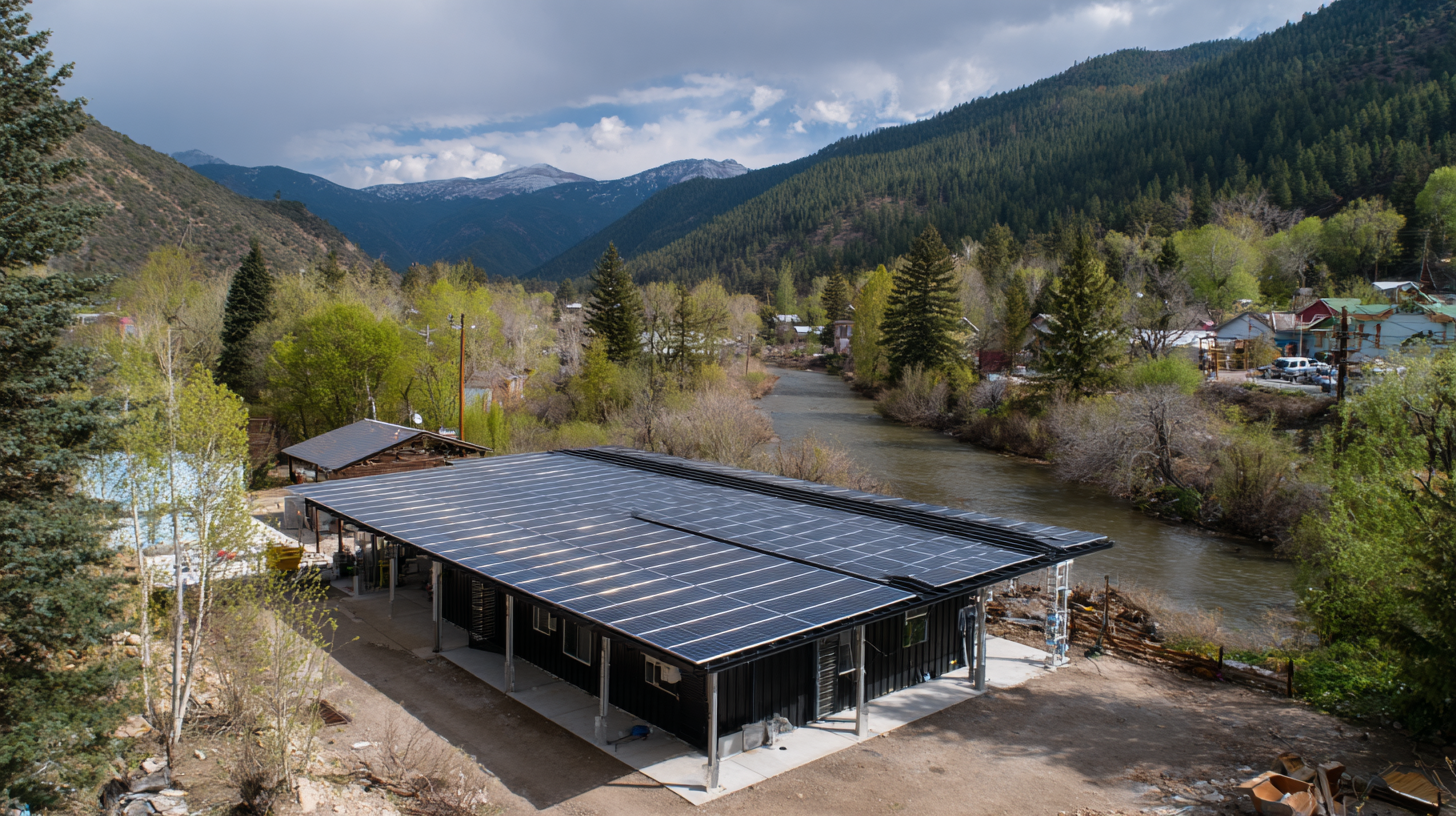
The integration of solar water systems also aligns with global sustainability goals. A report by the International Renewable Energy Agency (IRENA) indicates that an increase in solar thermal capacity can contribute to substantial greenhouse gas reductions. By adopting solar water heating, users can decrease their carbon footprint and help transition towards a more renewable energy future. With many regions offering incentives and rebates for solar technology installations, the move towards energy independence through solar water heating has never been more accessible or beneficial.
Enhancing Property Value Through Solar Water System Installation
Installing a solar water system not only offers significant environmental benefits but also enhances the value of your property. Potential homebuyers increasingly prioritize energy-efficient features, and a solar water heating system can serve as a strong selling point. This upgrade demonstrates a commitment to sustainable living, showcasing the property's modernity and forward-thinking design.
Moreover, solar water systems can lead to substantial cost savings on energy bills, which is an attractive proposition for prospective buyers. By highlighting this financial advantage, homeowners can effectively market their property as a long-term investment. The reduced carbon footprint associated with solar technology aligns with the growing trend of eco-conscious home ownership, further augmenting property desirability.
5 Best Benefits of Water Solar Systems You Need to Know
This chart illustrates the various benefits of installing water solar systems. As shown, energy savings is the highest benefit, followed by environmental impact and property value increase. Low maintenance and tax benefits also contribute significantly to the overall advantages of such installations.
Related Posts
-

5 Reasons Why the Best Water Solar System is the Future of Sustainable Energy
-
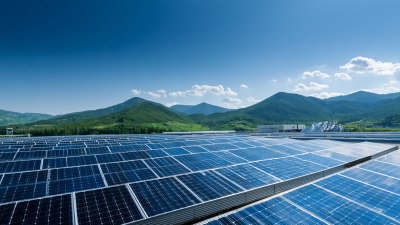
Empowering Global Trust: Top-Tier Water Solar Panels from Leading Chinese Factories
-

Unlocking Energy Independence: Benefits of Solar Panel Off Grid Systems for Global Buyers
-

Quality That Earns Global Respect Best Solar Panels Solutions Made in China
-
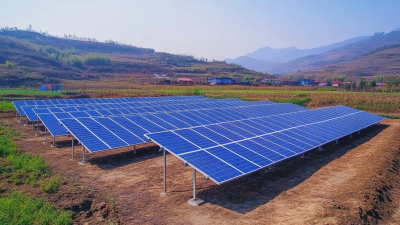
China's Best Off Grid Solar Panels For Global Quality You Can Trust
-
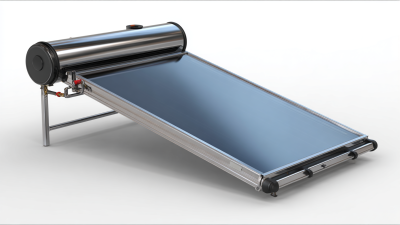
7 Best Reasons to Switch to Solar Power Water Heaters for Energy Efficiency

